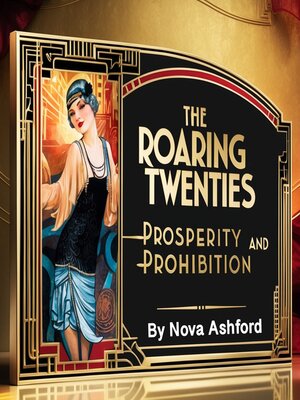
Sign up to save your library
With an OverDrive account, you can save your favorite libraries for at-a-glance information about availability. Find out more about OverDrive accounts.
Find this title in Libby, the library reading app by OverDrive.



Search for a digital library with this title
Title found at these libraries:
| Library Name | Distance |
|---|---|
| Loading... |
This audiobook is narrated by a digital voice.
The conclusion of World War I in 1918 marked a turning point not only for the nations involved but also for global history. For the United States, which had joined the war in 1917, the armistice brought a complex mix of relief, mourning, and anticipation for what the future might hold. American soldiers returned home to a country eager to move past the trauma of war and embrace peace and prosperity. President Woodrow Wilson's vision for a postwar world, captured in his Fourteen Points, emphasized diplomacy, self-determination, and the creation of the League of Nations. However, the idealism of Wilson's international vision clashed with domestic desires for isolationism and a return to prewar normalcy.
The immediate postwar years were a time of adjustment and upheaval. The American economy, which had been mobilized for wartime production, faced a difficult transition back to peacetime industry. Factories that had been focused on military goods had to retool for civilian markets, and soldiers returning from Europe flooded the labor force, competing for jobs in an economy that was struggling to stabilize. These challenges were compounded by inflation, strikes, and widespread labor unrest, including major walkouts by steelworkers and coal miners.
Socially, the end of the war exposed deep tensions within American society. The Great Migration of African Americans from the rural South to northern cities during the war had intensified racial competition for jobs and housing. In the summer of 1919, known as the Red Summer, racial violence erupted in cities across the country, with Chicago witnessing one of the worst race riots in American history. Meanwhile, fear of communist revolution—fueled by the 1917 Bolshevik takeover in Russia—ignited the first Red Scare in the United States. Suspicion of immigrants and radicals led to arrests, deportations, and increased support for restrictive immigration policies.







